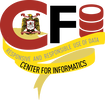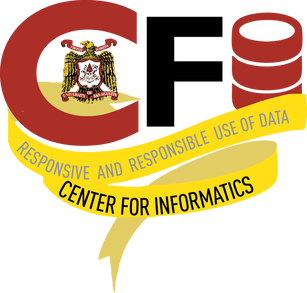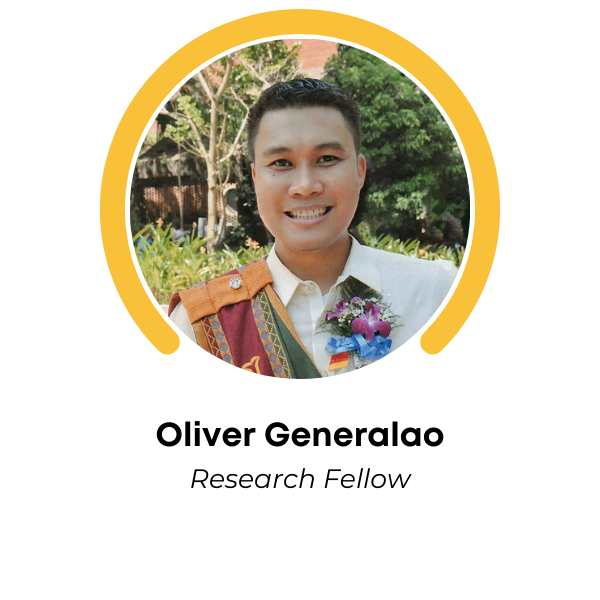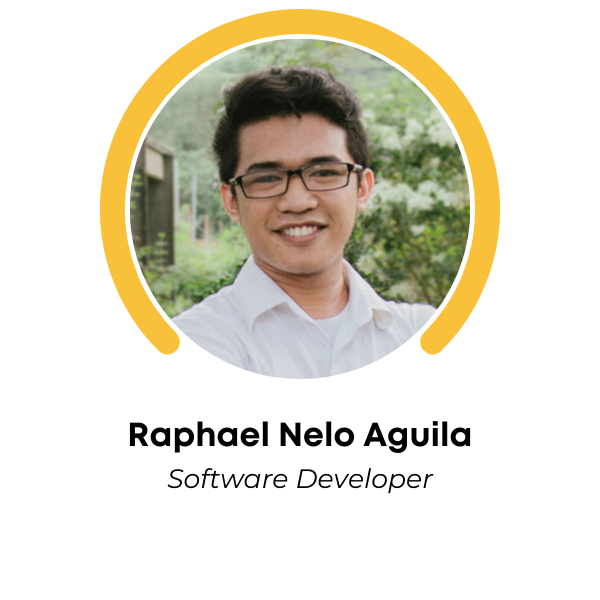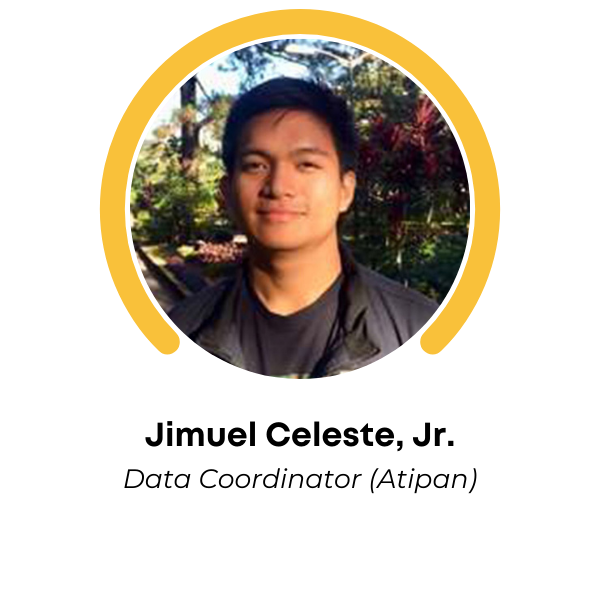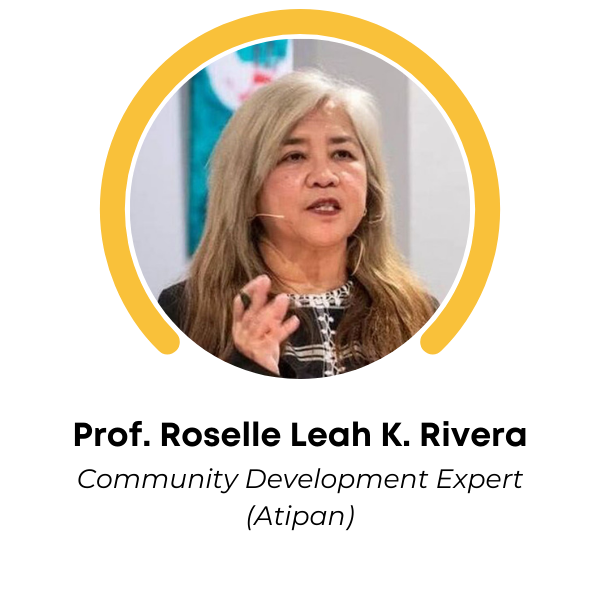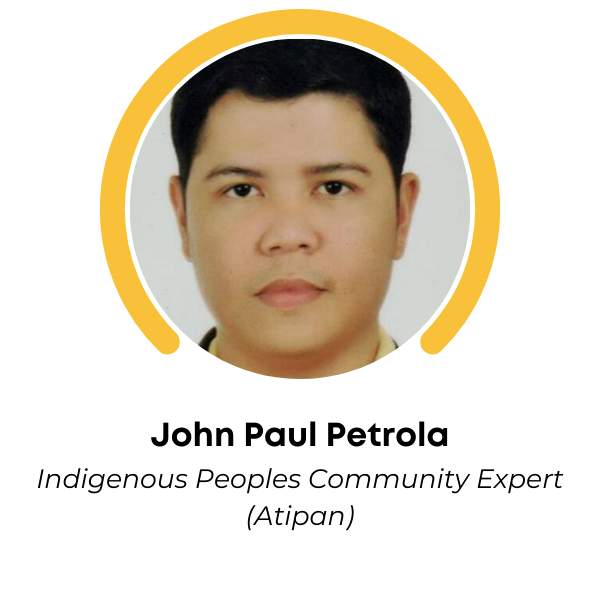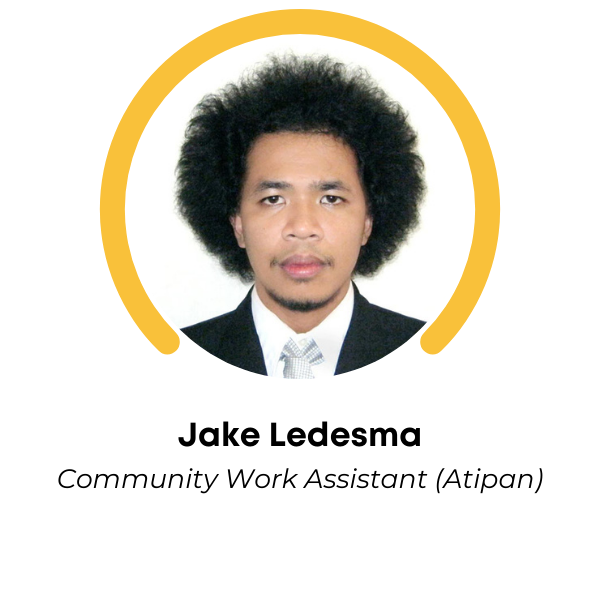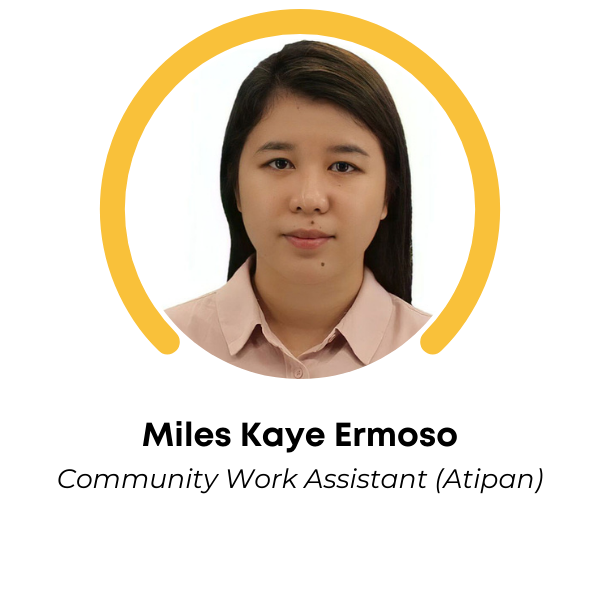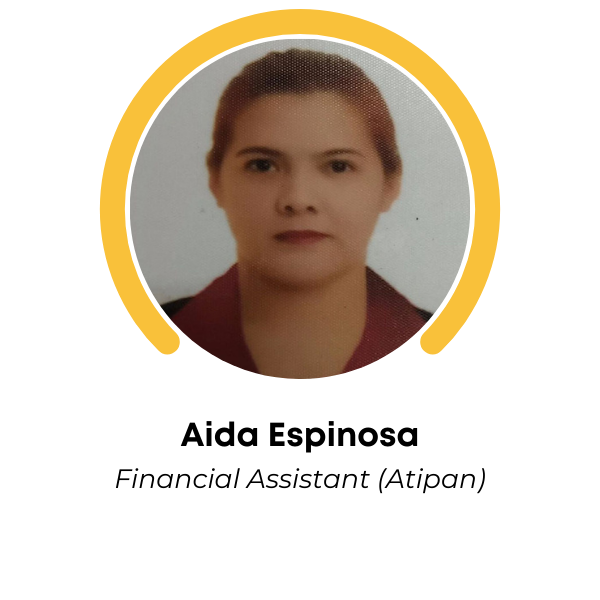Who We Are
The Center for Informatics (CFI) was established in 2018 with the approval of the University of San Agustin Board of Trustees, and the support of the Department of Science and Technology (DOST) and the Philippine Council for Health Research and Development (PCHRD) Balik Scientist Program (BSP).
The CFI's primary objective is to develop research informatics tools and provide mentorship to researchers engaged in a wide range of fields. Our current research portfolio includes projects in health, agriculture, chemistry and the marine sciences.
The CFI's primary objective is to develop research informatics tools and provide mentorship to researchers engaged in a wide range of fields. Our current research portfolio includes projects in health, agriculture, chemistry and the marine sciences.
Our Goals
The CFI intends to become the center of excellence for data research and applications in Western Visayas focusing on, but not limited to, health, climate, the environment, and governance.
This is to be achieved by:
The specific aims are:
This is to be achieved by:
- collecting good quality data and performing responsive analyses
- using data to power equitable and just policies
The specific aims are:
- To develop and implement informatics resources e.g. data collection and management tools, datasets, scientific expertise, and user support.
- To promote efficiency in community activities through informatics, and
- To provide multidisciplinary and ethical training to current and future informatics workers in the country.
Abiding Principles
We abide by the highest principles of data stewardship, which reside in "ethical and responsible behaviors for sourcing, sharing and implementing data in a manner that will cause no harm and maximize positive impact." These principles are:
We advocate for an effective, ethical, and modern approach to data teamwork as embodied by these values:
https://datapractices.org/manifesto/
- Fairness - Understand, mitigate and communicate the presence of bias in both data practice and consumption.
- Benefit - Set people before data and be responsible for maximizing social benefit and minimizing harm.
- Openness - Practice humility and openness. Transparent practices, community engagement, and responsible communications are an integral part of data ethics.
- Reliability - Ensure that every effort is made to glean a complete understanding of what is contained within data, where it came from, and how it was created. Extend this effort for future users of all data and derivative data.
We advocate for an effective, ethical, and modern approach to data teamwork as embodied by these values:
- Inclusion - Maximize diversity, connectivity, and accessibility among data projects, collaborators, and outputs.
- Experimentation - Emphasize continuously iterative testing and data analysis.
- Accountability - Behave ethically and transparently, fix mistakes quickly, and hold ourselves and others accountable.
- Impact - Prioritize projects with well-defined goals, and design them to achieve measurable, substantive outcomes.
https://datapractices.org/manifesto/
Our Team
|
Jong believes that electronic medical records have the potential to transform healthcare worldwide for the better, but also that wide scale adoption and equitable access, especially for those not able to afford a system of their own, are prerequisites to the benefits.
|
Gerard is passionate in the use of machine learning and chemometric techniques with applications in biomedical research and food analysis. He considers harnessing the use of clinical and -omics data as beneficial avenues for precision medicine purposes.
|
Pia believes that the utility of data in society depends on the amount of trust given to it by the people.
|
|
Data equity promotes fairness and inclusivity, it can drive innovation and progress, yet vigilance against its misuse is crucial to safeguard privacy and prevent discrimination.
|
Nelo believes that information technology coupled with data of relevance and prime, can either push a nation towards growth, or bring distress. The power it has greatly necessitates the promotion of standards and good data ethics.
|
Robbie believes that data is everything that could protect or endanger us. Right now, securing our data is as important as securing our lives outside the digital world. By utilizing it to help the world become a better place, we could further our future.
|
|
Joma believes that data science, equipped with an in-depth view of data representation and of its application is the key towards the improvement of different industries including healthcare services.
|
Jimuel is interested in the intersection of Software Engineering, Data Science, and Healthcare in the Philippines.
|
Many social issues are also data issues. We explain the extent of the use of the data that we gather. “Pakikipagkapwa” (regard people with dignity and respect), also means that we make sure we obtain their informed consent.
|
|
JP's research goal is premised on the recognition of cultural identities of the Ati people in Panay and Guimaras Islands by improving their social condition and promotion of their culture and heritage. In doing so, he considers data beneficial in the transformation and development of communities as it provides a springboard for legislators to craft policies that will greatly impact the lives of indigenous peoples and their cultural communities.
|
Jake believes that data is necessary in community development such as assessing the needs of the people, health status, environment, and resources. Through gathered data, the community and other stakeholders could initiate a comprehensive development plan that is scientific, and research based.
|
Miles believes that community progress entails huge amounts of participation from stakeholders such as the government, non-governmental organizations, and the people themselves. In this context, data is necessary in providing accurate and truthful information that will serve as basis in decision-making.
|
|
Cindy believes that utilizing data science and health informatics to adapt to such dynamic advances and transmit them to the community are crucial tools and a significant component to the long-term development, credibility, and effectiveness of institutions.
|
In every field and every industry, good data drives insightful decision-making. Good decisions lead to better lives.
|
|
Data is powerful and should be empowering. It enables individuals and communities to progress towards social equity through research, cultural respect, and the integral use of data and information
|
Justine is passionate about leveraging data through telemedicine, bioinformatics, and molecular medicine to improve healthcare outcomes and make healthcare more accessible for all patients, one virtual appointment at a time.
|
Erru envisions data as a significant facet of unraveling root causes that disrupt communities. To have an insight, we must first be burdened with the realities that data reveal.
|
CFI Alumni
|
Jonathan believes that it is important to preserve data integrity since science is supposed to be established by evidence, not eminence.
|
Julius believes that interdisciplinary development of research and technology hinges on the availability and extent of information. It starts with collective efforts to systematically maintain and encourage high quality data.
|
